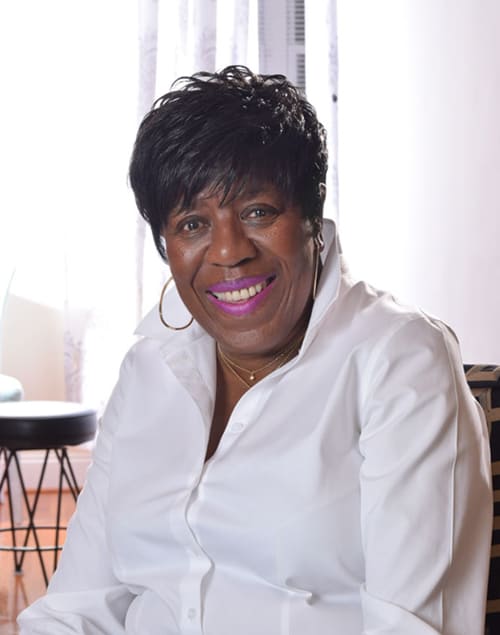
In 2007, Ruth Travis was diagnosed with DCIS, also known as stage 0 or non-invasive breast cancer, just two days before she turned 62. “Since I was 40, I’ve had my mammograms every year,” she said. “In 2007, it was my 22nd mammogram.”
Ruth realized something was wrong when the technician turned the computer screen to let Ruth see the image of her left breast, but not of her right breast. “She told me to not get dressed yet, that she needed to talk to my doctor. Then they did the right breast again. I was very much afraid,” said Ruth. Ruth’s fears were confirmed when she was told she had breast cancer.
“My first thought was how long do I have to live? I started thinking of death,” she said. “But I took on a positive attitude, and when I talk to breast cancer survivors or to people who are newly diagnosed, I say to them ‘your diagnosis is not a death sentence. It is a license to live.’”
“The cancer was in my milk duct. The cancer cells were the size of a speck of pepper,” she said. Ruth underwent a lumpectomy and radiation therapy. She also took hormone therapy for 10 years.
During radiation therapy, Ruth recalls coming home one afternoon and sitting in her family room. Her radiation treatment was twice a day for five days straight and it was grueling. “I have a nice big home and I thought about how not everyone has a place like this to come home to,” she said. “I began to think how I could help others get through this.”
This thought – of how she could use her experiences to help others – led Ruth to start a nonprofit organization to provide people with breast cancer a place of calm. She also began to reach out to people who were breast cancer survivors to help pay for their basic living expenses, such as rent and water bills. To date, Ruth estimates she’s helped 50 women. “It makes me feel good to be able to support others going through breast cancer,” she said.
But Ruth’s commitment to helping others doesn’t stop there. She completed Komen’s patient navigation training and participates in Komen’s Worship in Pink program. Ruth also encourages people to stay on top of all the bills that go before Congress, whether it’s a bill to increase funding for cancer research or supporting a bill to expand access to needed breast imaging in her home state of Maryland.
Ruth’s efforts to help others also includes educating women about the importance of early detection and regular mammograms. She also talks to women about the emotional challenges of cancer and the importance of finding a sense of normal during treatment.
“I’ve got to do everything I can,” she said. “Black women get cancer at an earlier age than white women and it’s often more aggressive,” she said. “Black women are dying of breast cancer more than any other group. It doesn’t have to be this way.”



